July 15, on the birthday of Boris Adleyba, the WAC web information portal recalls this bright leader of Abkhazia of modern times.
Arifa Kapba
Boris Adleyba can rightly be called one of the brightest Abkhaz leaders. He died early, but left his mark on history. Adleyba ruled the Republic for 11 years, proved himself as a real diplomat, able to defend the interests of the Motherland even against the will of official Tbilisi.
Boris Viktorovich Adleyba was born on July 15, 1931 in Sukhum. His ancestors were from the villages of Otap and Chlou, places that Boris Viktorovich himself loved very much, all his life he tried to help their development. For example, construction of a school in the village of Chlou is the result of the efforts of Boris Adleyba and another famous native of the village, the national poet of Abkhazia Bagrat Shinkuba.
“If I'm a rider, the bridle should be in my hands”
Adleyba began his party career in the Ochamchira District Committee, and reached the position of the first Secretary of the Regional Committee. When he was 34 years old, he was elected Second Secretary of the Sukhum Municipal Party Committee. From 1971 to 1975, Boris Adleyba headed the Tkuarchal Municipal Party Committee. In 1978, the culminating period in his career and life came: he was elected First Secretary of the Abkhaz regional party committee, that is, in fact, he became the first government official in Abkhazia.
However, Boris Viktorovich did not want to be in this position a puppet in the hands of Tbilisi. Using his position, he did everything to advance the interests of the Abkhaz people, while managing to remain in his post. Adleyba showed exceptional diplomatic talent, trying to make sure that his power was not nominal, but real.
Many people, who personally knew Boris Viktorovich, remembered such a phrase, not once heard from him: “If I am a rider, the bridle should be in my hands.”
Support for the Abkhaz culture
Under Boris Viktorovich Adleyba, many issues were resolved that were very troubling to the Abkhaz during those difficult times when their rights were severely curtailed by Tbilisi. So, precisely Adleyba made sure that the Abkhaz could be registered in the town of Sukhum. Culture workers began to receive living space in the capital, but more importantly, he did everything to support the culture as a whole.
It is known that Boris Adleyba adored theater; he regularly went to the shows of the Abkhaz Drama Theater and did everything so that people from districts and villages could visit the theater. His conviction was that one who does not go to the Abkhaz theater does not respect Abkhaz culture.
The community of artists of Abkhazia also felt great support from the leader. It is known that, by Adleyba’s personal order, the state bought the works of the authors, giving them the opportunity to earn. Another significant contribution of Boris Viktorovich to Abkhaz culture is the return to homeland of the remains of the first professional artist of Abkhazia Alexander Chachba-Shervashidze and their burial.
The opening of the Abkhaz State University and television also became one of the most important events in the “Adleyba’s” period. Of course, this is a general achievement of the entire national liberation struggle, but without the full support of the head of Abkhazia, this would hardly have been possible. Then Boris Adleyba was involved in solving seemingly even minor, insignificant issues.
This is how one such fact recalls the son of Boris Adleyba Astamur: “I heard from the TV people themselves: when the Abkhaz television opened in 1978, a melody was chosen as a musical intro that the Georgians did not like at all. They considered it too nationalistic and were categorically against it, after listening, they said that it was necessary to replace it with something else. But my father ordered the TV people to leave everything as it is, taking the wrath of the Georgians upon himself.”
To stay with his people
Undoubtedly, for the First Secretary of the Abkhaz Regional Party Committee to support the people's desire for independence was more difficult than for anyone else. Here's how statesman Konstantin Ozgan talked about this in the film of journalist Ekaterina Bebiya: “Boris Viktorovich Adleyba was the leader of Abkhazia at a time when the Soviet leadership did not allow the leaders of the country's regions to support the national liberation movement”. And he supported, finally proving it at the Lykhny gathering in March 1989.
At that time, more than 36 thousand people who had gathered in the meadow in Lykhny signed the Lykhny appeal to the General Secretary and the Central Committee of the Communist Party of the USSR about the restoration of the Abkhaz SSR, which existed from 1921 to 1931 (at that time Abkhazia was an autonomous republic within the Georgian ASSR - ed.). The first to sign this document, which actually expressed the desire of the Abkhaz people to acquire sovereign status, was Boris Viktorovich Adleyba. By signing the appeal, he, in fact, signed the verdict of his career: he soon had to leave the place of the First Secretary.
“This is a very important fact in the biography of the father, it gives us (children - ed.) the right to walk with our heads held high. I think he understood very well at that moment that he needed to stay with his people, although he probably knew that he would sacrifice his work, his place, but he went for it. I am sure that he still had a lot of plans, he still wanted to be in touch with his people,” Astamur Adleyba believes.
“Ardzinba will be able to do a lot for Abkhazia”
Boris Adleyba possessed another significant quality for any politician, any statesman: he was farsighted and, while still in power, he was looking for a political change for himself. And he found it in the face of a young scholar, a brilliant orator Vladislav Grigorievich Ardzinba.
Ardzinba arrived from Moscow to Abkhazia with the direct participation of Boris Adleyba. This was very interestingly recalled in the article of the writer Dzhuma Akhuba “If it were not for Boris Adleyba”. In the article, he talks about how once Boris Viktorovich came to his office with a request to support Ardzinba’s candidacy for the post of the future head of the Abkhaz Scientific Institute. At the very beginning of the conversation, Akhuba expressed doubt that the scholar who had worked in Moscow for many years would want to come to Abkhazia and head the institute. However, that is what happened. Here is an excerpt from this article:
“- Boris Viktorovich, as far as I know, Ardzinba has been working in Moscow for more than 20 years. I am afraid that he is far from work at the Abkhaz Institute of Language and Literature.
- That’s why, I think about his candidacy. Not even him, but us, Abkhaz living in Abkhazia, sometimes hardly understand each other. What else is good - he is not under the control of Georgia. Many of our officials and scientists act only on the orders of Georgian officials. In the extreme case, if his work at the institute does not work out, he can leave his position, go back to Moscow and do what he did before. <..> While I am alive, I will never forgive what he [Shevardnadze] said about the Abkhaz - they say, we need to be crushed like bedbugs. It seems to me that Ardzinba will be able to do a lot for Abkhazia and will be able to protect our interests.”
With no special privileges
In the family of Boris Adleyba, everyone knew that they should behave modestly and restrained.
The wife of Boris Viktorovich Lyudmila Labakhua, a doctor by profession, who once held the post of Deputy Minister of health, voluntarily left the ministerial seat as soon as her husband became the First Secretary of the Abkhaz Regional Committee. It could not be otherwise in such a family.
“We practically did not differ from ordinary Abkhaz families, we did not have special privileges and we went to school, to market by foot. My father was categorically against us being somehow different, we could not afford anything extra. We lived in a three-room apartment in a four-story building; this is the one that is now on Imam Shamil Street, the last one by the sea. My childhood was spent there on the cot. He did not leave any material benefits, we had to earn everything that we have ourselves,” says Astamur Adleyba.
Four children — the daughter Manana, sons Gennady, Timur and Astamur — were rarely seen by their father: he devoted most of the time to work, leaving early and returning late, and only on Sunday he allowed himself to come home a little earlier.
Among the big hobbies of Boris Viktorovich was football, in which he had been involved since childhood, he was an excellent goalkeeper. This love was also transmitted to the youngest son, Astamur, who also played football since his youth. Once he even had the opportunity to join the USSR youth football team, which flew to the World Cup, but ... the coach did not immediately take him and there was no father’s patronage. Boris Viktorovich did not help his son, explaining it this way: “it means he did not deserve it.”
Astamur Adleyba emphasizes that the father never created special privileged or hothouse conditions for them, children. He recalls the episode when the middle brother Timur, having successfully graduated from the Agricultural Institute, returned home, hoping that his father would offer him some kind of good job.
“I remember that he came from Moscow, we all met him ... And we all - both he and his mother - are waiting in the evening when the father comes. Everyone thinks: now Timur’s father will send him to work somewhere in the Council of Ministers (Council of Ministers of the Republic – ed.). After all, he graduated a decent institute, studied well. In the evening, the father comes home from work, asks: “So, graduated? Oh well. In the morning you collect your stuff and go to Chlou. They are waiting for you there, you will be a foreman of a mechanized brigade”... We almost didn’t get out of the chairs ... So for two years he sent his brother to work in Chlou as a foreman, bought him the 412th “Moskvich”.
Boris Viktorovich Adleyba died very early, he was 59 years old. In November 1990, he had a third heart attack, after which he died. According to the famous Russian cardiac surgeon Leo Bokeria, who was friends with Boris Viktorovich, he could be saved. “Like a real Caucasian man, a handsome man, he categorically refused to lie on a stretcher, which was necessary in his situation, and he had lung edema in the car, which was impossible to cope with in that situation,” said Bokeria.
Therefore, the heart of a bright, wise, far-sighted statesman, a true patriot, a courageous and decent person, has stopped to beat.
By today's standards, we can say that Boris Viktorovich Adleyba made a dizzying bureaucratic career, although the word “official” can be applied to him least of all: whatever he did while in leadership positions, the interests of the Motherland and the people were always paramount for him.
References:
- Abkhaz Biographical Dictionary
- Dzhuma Akhuba. “If it were not for Boris Adleyba.” Publication in the newspaper “Republic of Abkhazia” from 06/06/2016
- Ekaterina Bebiya TV film “Men die standing: Boris Adleyba”.
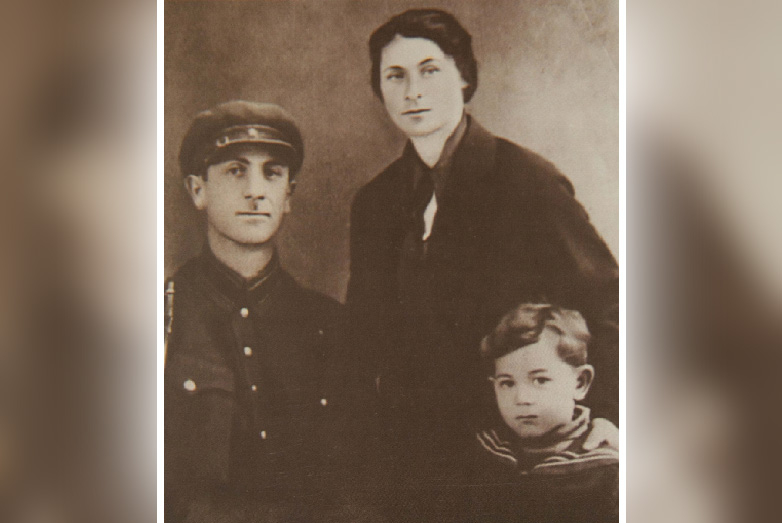
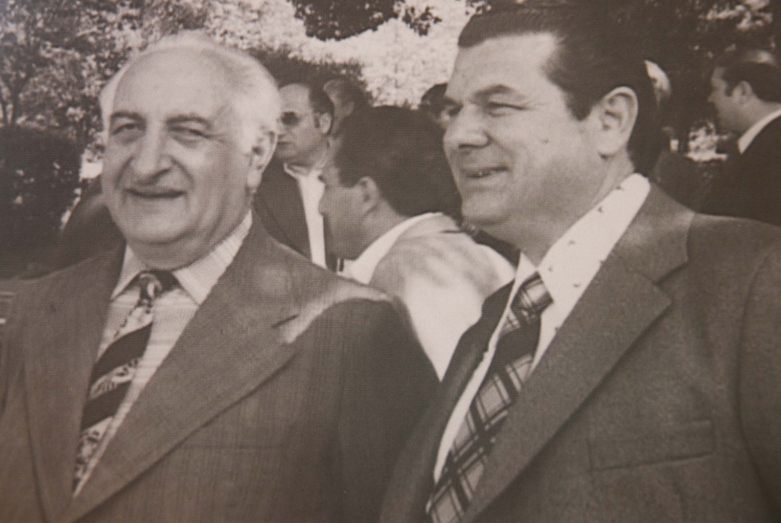
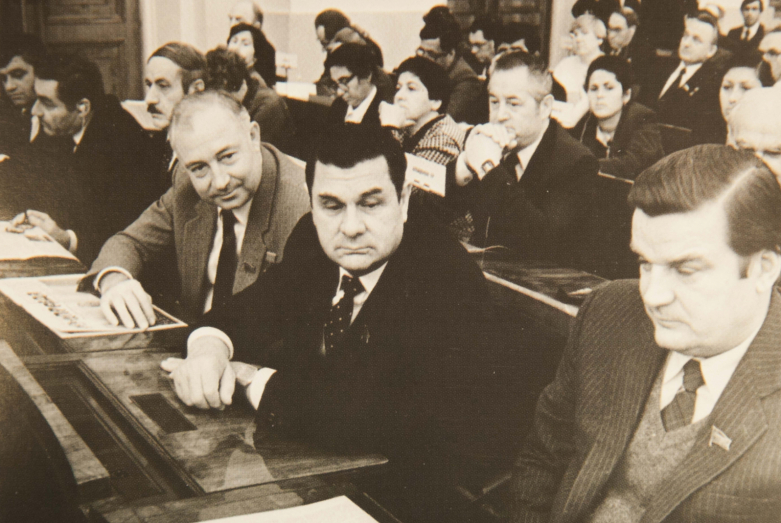

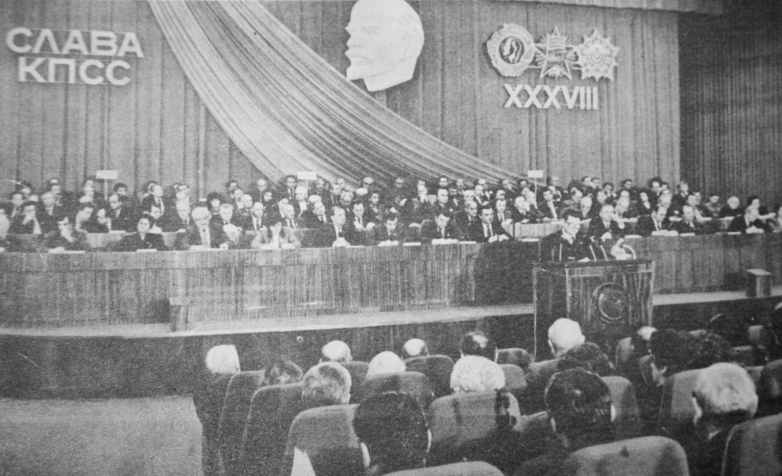
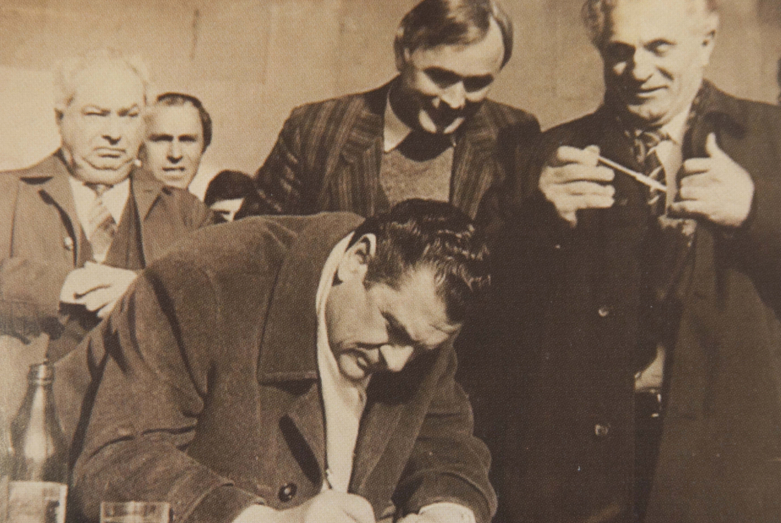
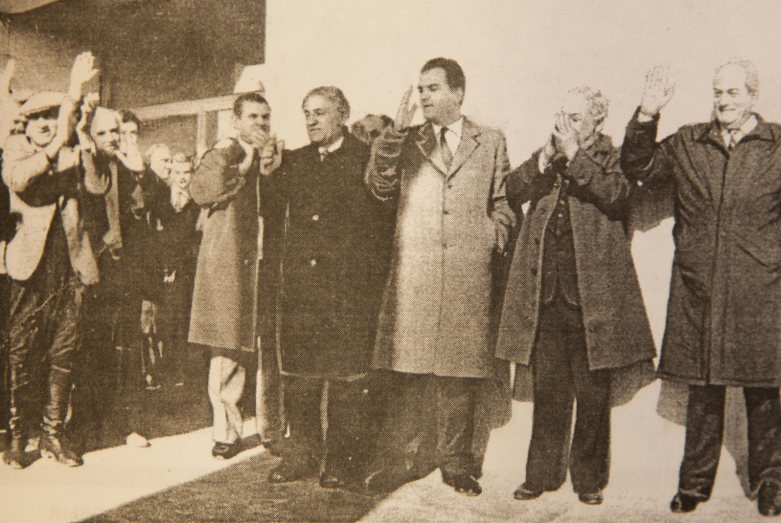
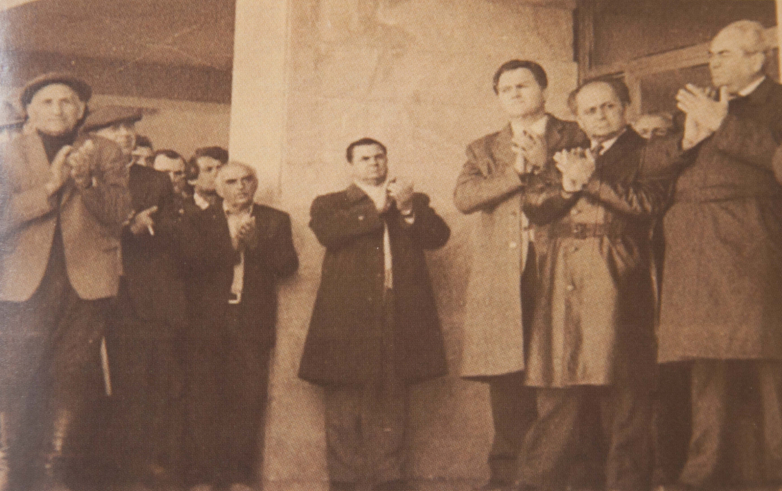
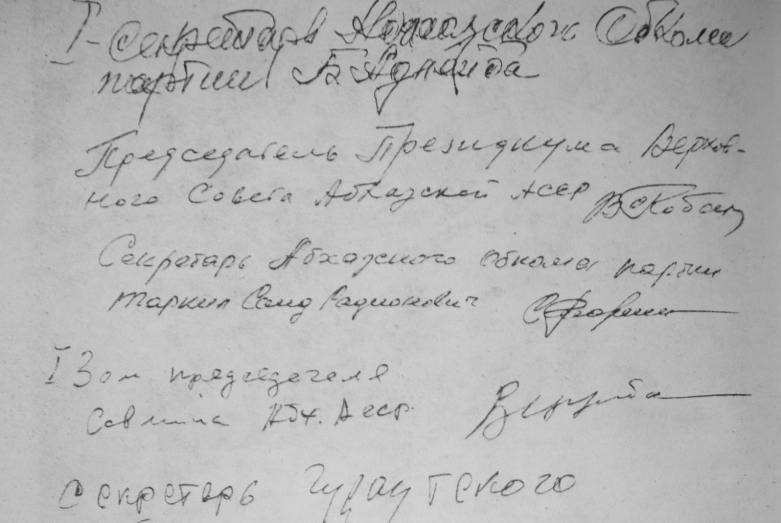
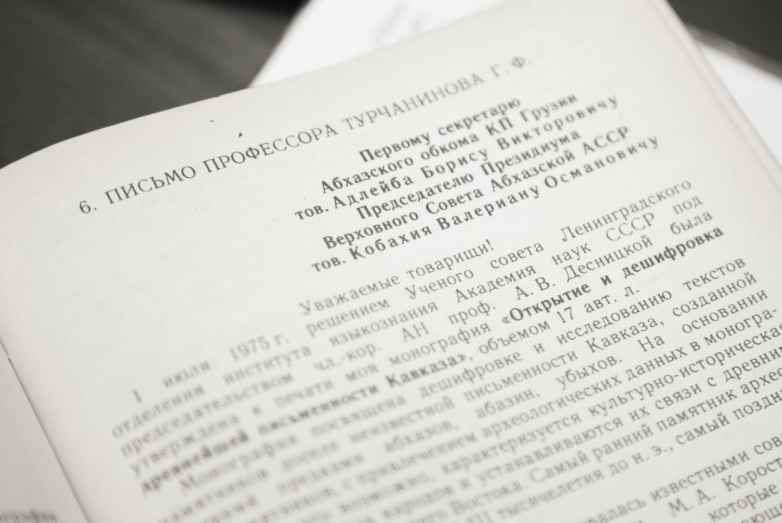
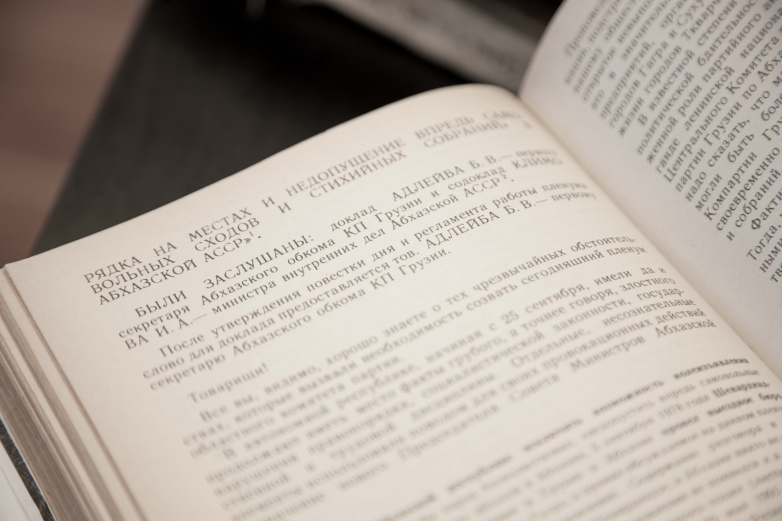
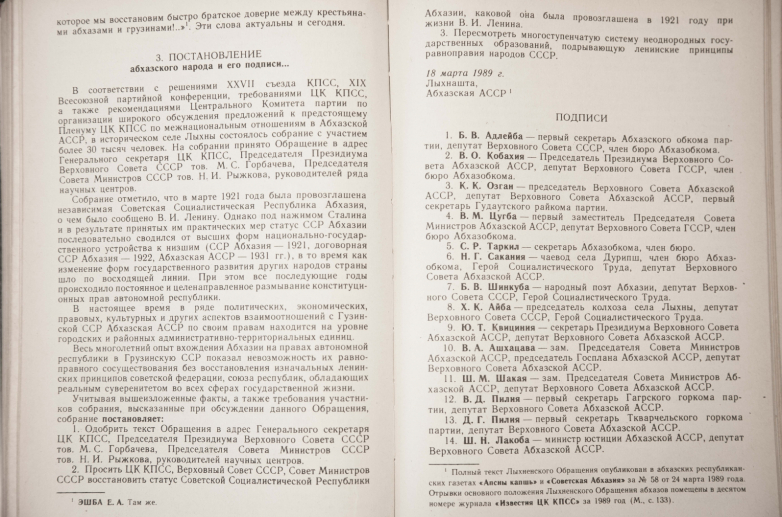
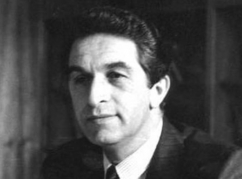
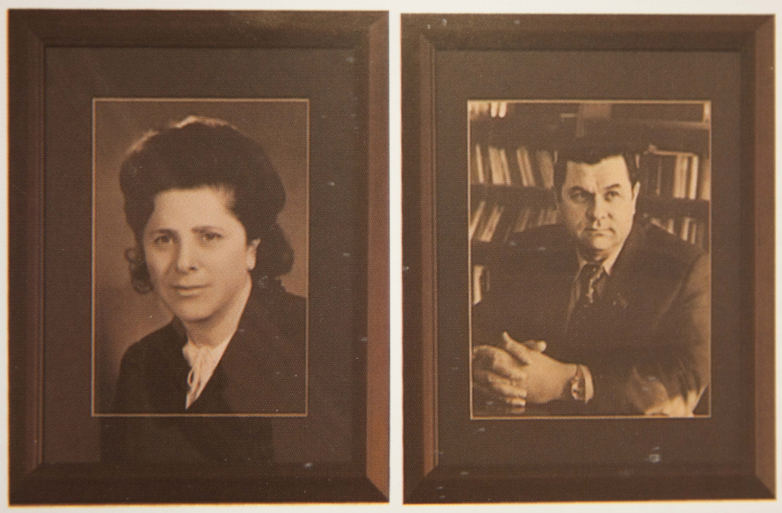
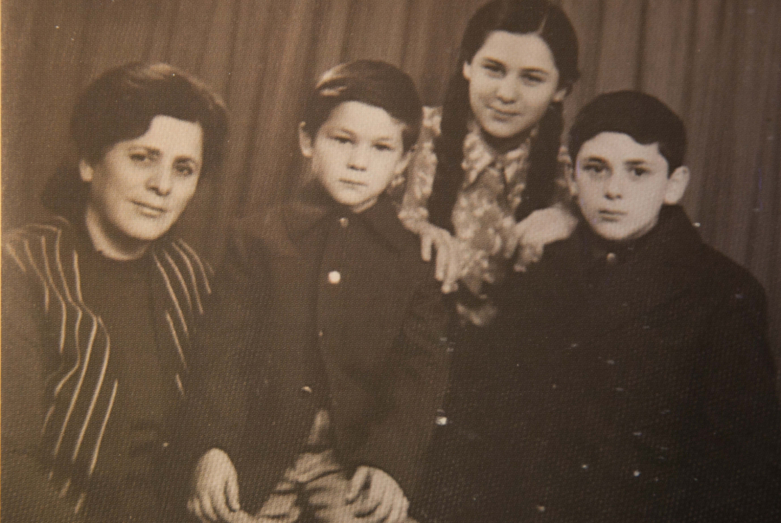
to login or register.